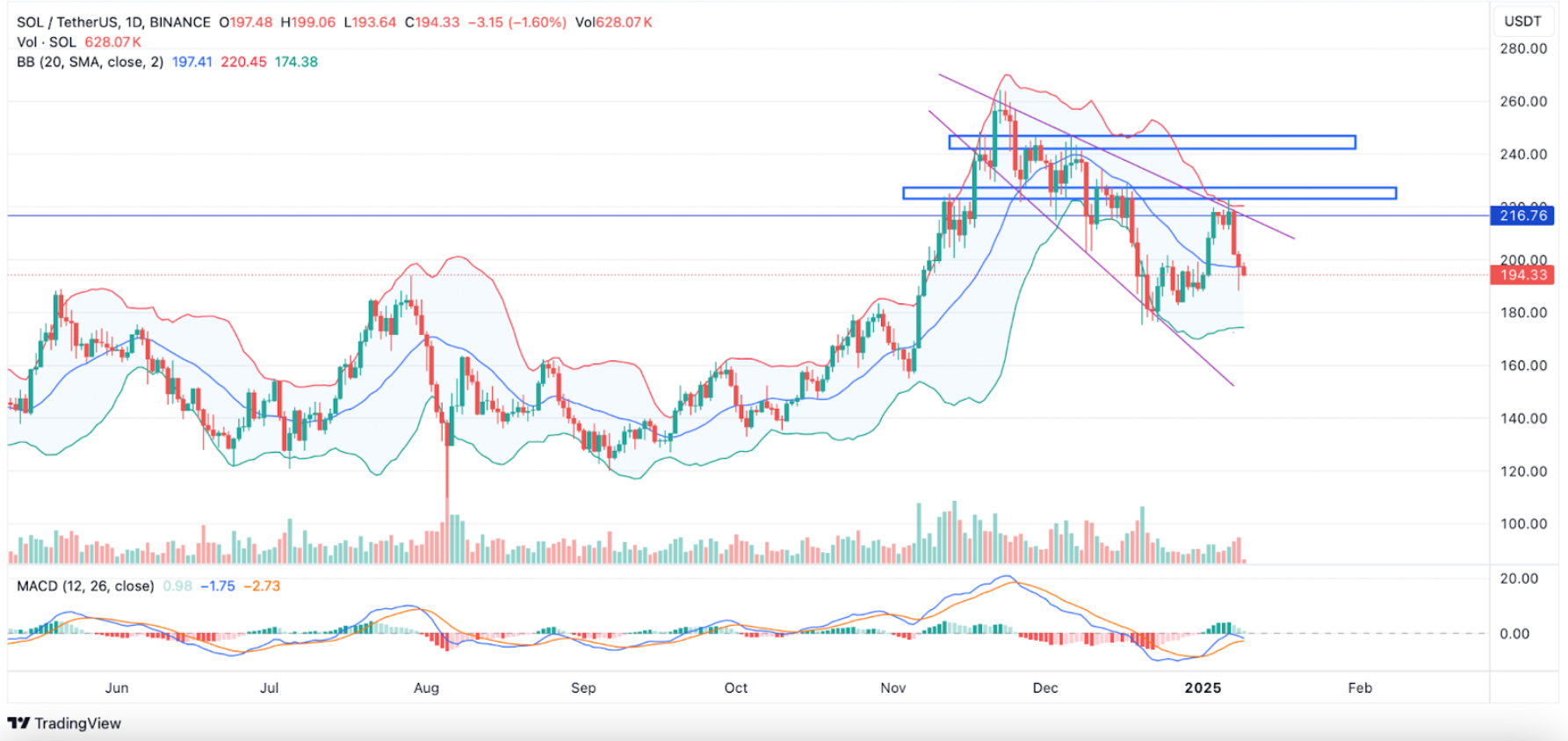ARTICLE AD BOX
In a recent legislative shift, Argentine President Javier Milei, together with Economy Minister Luis Caputo, has effectively canceled proposed tax exemptions for cryptocurrencies, altering a key component of the ‘Bases and Starting Points for the Freedom of Argentines’ bill. This decision marks a significant deviation from Argentina’s previously more favorable stance towards Bitcoin and digital assets.
Pro-Bitcoin President Milei Scraps Tax Exemptions
As initially reported by Argentine tech-focused outlet iProUP, the original draft of the bill included a clause for asset regularization, suggesting a one-time tax on various types of undeclared assets, including cryptocurrencies.
The bill’s tax provisions planned to allow Argentine citizens to disclose ownership of previously unreported assets, such as cryptocurrencies, with a 0% tax rate applied to the first $100,000 in value and a tax rate of up to 15% on the value of assets exceeding this threshold.
However, this part of the bill was removed following a decision made by President Milei and Minister Caputo on Friday. Guillermo Francos, the Minister of the Interior, explained that this was due to the delay it was causing in the legislative process.
Francos stated, “The fiscal part was minor and delayed the treatment of the initiative in the Parliament.” He further emphasized that “the Bases Law is aimed at generating freedom for economic development,” and that the removal of the tax section was crucial to expedite this objective.
The removal of cryptocurrency tax exemptions has reignited discussions about the current tax regime applicable to digital assets in Argentina. Marcos Zocaro, an accountant, clarified to iProUP, “The most important taxes that cover cryptocurrencies are Earnings and Personal Property.” Zocaro further elaborated, “In the case of an individual, no tax is paid by merely buying ‘digital currency’. What is taxed by Ganancias is the profit produced by the sale.”
Crypto Taxation In Argentina
Regarding the Personal Property Tax, Zocaro noted the ongoing debate on whether Bitcoin and cryptocurrencies are taxed or exempt, as the Personal Assets Law does not specifically mention them. However, he confirmed that tax authorities have been considering cryptocurrencies as taxable since 2022.
Sebastián M. Domínguez, director of SDC Asesores Tributarios, underscored the necessity for taxpayers with cryptocurrencies to declare them if their assets exceed the legally established amounts. He emphasized, “In the case of Personal Property, many accountants consider the market value, but the treatment given is the acquisition cost.”
Maria Inés Brandt, from Marval, O’Farrell & Marval law firm, outlined the taxation process for the sale of Bitcoin and cryptocurrencies. Brandt explained, “Individuals resident in Argentina must pay income tax on the income derived from the sale of cryptocurrencies at a rate of 15%.” She further added that for companies, profits are taxed at a progressive rate of 25% to 35%, depending on the subject, plus 7% for potential dividend distribution.
This policy change under President Milei’s administration, known for its libertarian economic approach, can be seen as a pivot towards a more conservative stance on digital asset regulation and taxation. Samson Mow, Bitcoin advisor to El Salvador’s President, revealed in November last year that he planned to meet with Argentina’s “pro-Bitcoin” president Milei, to discuss integrating BTC into Argentina’s economic framework.
As Bitcoinist repored, Milei emerged victorious in Argentina’s 2023 presidential election. He has previously described central banks as “scam” and declared, “What bitcoin is representing, is the return of money to its original creator, the private sector.” However, since assuming the presidency in December 2023, he has maintained public silence on matters pertaining to Bitcoin.
At press time, BTC traded at $42,659.

.png)
 11 months ago
3
11 months ago
3








 English (US)
English (US)